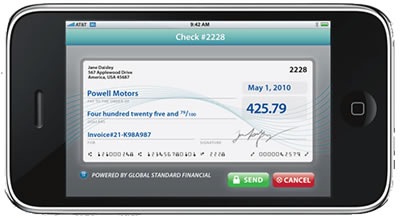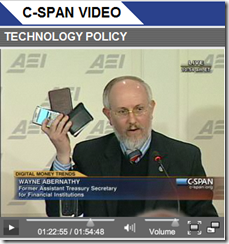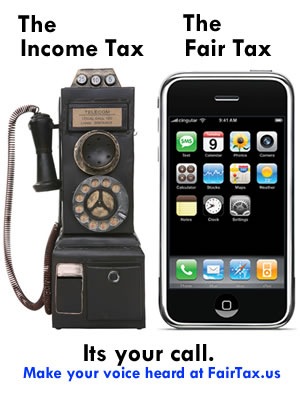Analyst Speculate on Impact of Fed's Debit Card Proposal
Interchange fees are paid to the banks that issue debit cards when they are accepted for payment. The fees that Visa and MasterCard charge are excluded from this regulation. Yet in question is their business model. Are the card brands value-added service providers or has their success turned them into just another type of utility company that should be regulated by the government?
Visa and MasterCard made headlines on the news with both experiencing major stock price declines. Merrill Lynch speculated that banks will seek financial concessions from Visa and MasterCard to make up for lost debit … more
 Breaking Payment Industry News – Fed announces Debit Card Rates and Rules for Comment
Breaking Payment Industry News – Fed announces Debit Card Rates and Rules for Comment
 I envision a better ACH. One that lets me pay anyone from any personal or business checking account I choose without having to give up my sensitive account information or authorization to withdraw funds. It would be very secure and I would control both the access and the timing of when I choose to make a payment. And it would be convenient. It would work with my existing bank so I wouldn't have to deal with the hassle of moving funds in and out of a 3rd party "holding account" like PayPal.
I envision a better ACH. One that lets me pay anyone from any personal or business checking account I choose without having to give up my sensitive account information or authorization to withdraw funds. It would be very secure and I would control both the access and the timing of when I choose to make a payment. And it would be convenient. It would work with my existing bank so I wouldn't have to deal with the hassle of moving funds in and out of a 3rd party "holding account" like PayPal.

 Steve Duby and Christina Pietro at the 2010 Taste of Alpharetta
Steve Duby and Christina Pietro at the 2010 Taste of Alpharetta


